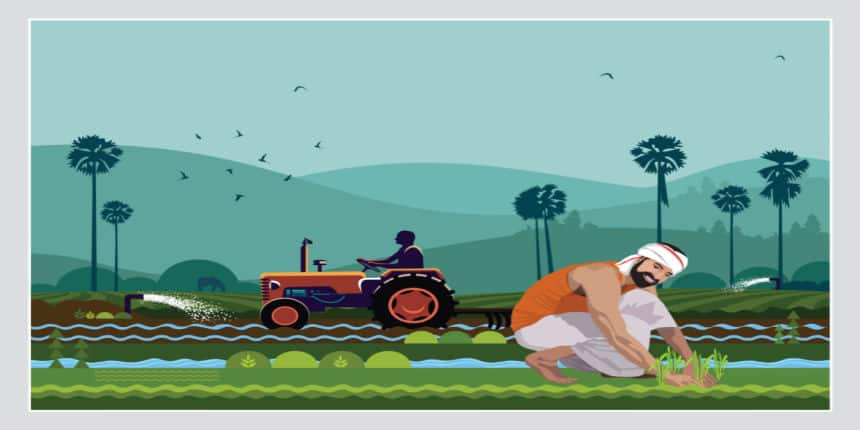PUSA Full Form
What is Full Form of PUSA (IARI) ?
There is no full form of PUSA, but the Indian Agricultural Research Institute (IARI) is popularly known as PUSA Institute. The IARI is India’s national agricultural research, education, and extension institute. The Indian Agricultural Research Institute (IARI) is known as PUSA institute as the institution was initially located in PUSA, Bihar. In 1911, IARI was named the Imperial Institute of Agricultural Research, but in 1919, it was renamed Imperial Agricultural Research Institute. After a significant earthquake in Pusa, Bihar, the institute was devastated and was relocated to New Delhi in 1936. The IARI is also responsible for the research heading to ‘ Green Revolution in India’.

Parent Organisation
The Indian Agricultural Research Institute (IARI) or PUSA Institute is financed and managed by the Indian Council of Agricultural Research ( ICAR). Thus, the parent organisation for IARI is ICAR.
Campus Details
The institute was initially located outside Delhi, but over the decades, Delhi has developed much beyond the campus. The campus of IARI is distributed over an area of 1250 acres 8 Km west of New Delhi Railway Station. The Indian Agricultural Statistics Research Institute is also located on its campus and is affiliated with the Indian Agricultural Research Institute (IARI).
Different Schools At IARI
Different schools are located on the IARI campus, mainly related to agricultural education. The name of some of the schools is:
School of Horticultural Science
School of Social Sciences
School of Plant Protection
School of Basic Sciences
School of Crop Improvement
School of Natural Resource Management
Achievements
Among all the government universities, IARI is ranked 10th by MDRA (Marketing & Development Research Associates) University Ranking for the year 2020 and 9th in 2021 in India Today. This university is also awarded ‘The University of the Year Award’ by FICCI(Federation of Indian Chambers of Commerce and Industry ) higher education excellence awards for the year 2021. The university is also awarded for excellence in the Excellent Green Campus Initiative by the Today group.
Mission
Promotes experiential learning among students.
Promotes global needs for sustainable development.
Through higher productivity helps to reduce pressure on agricultural land.
Through centric education helps shape agricultural stakeholders into self-sustaining mode.